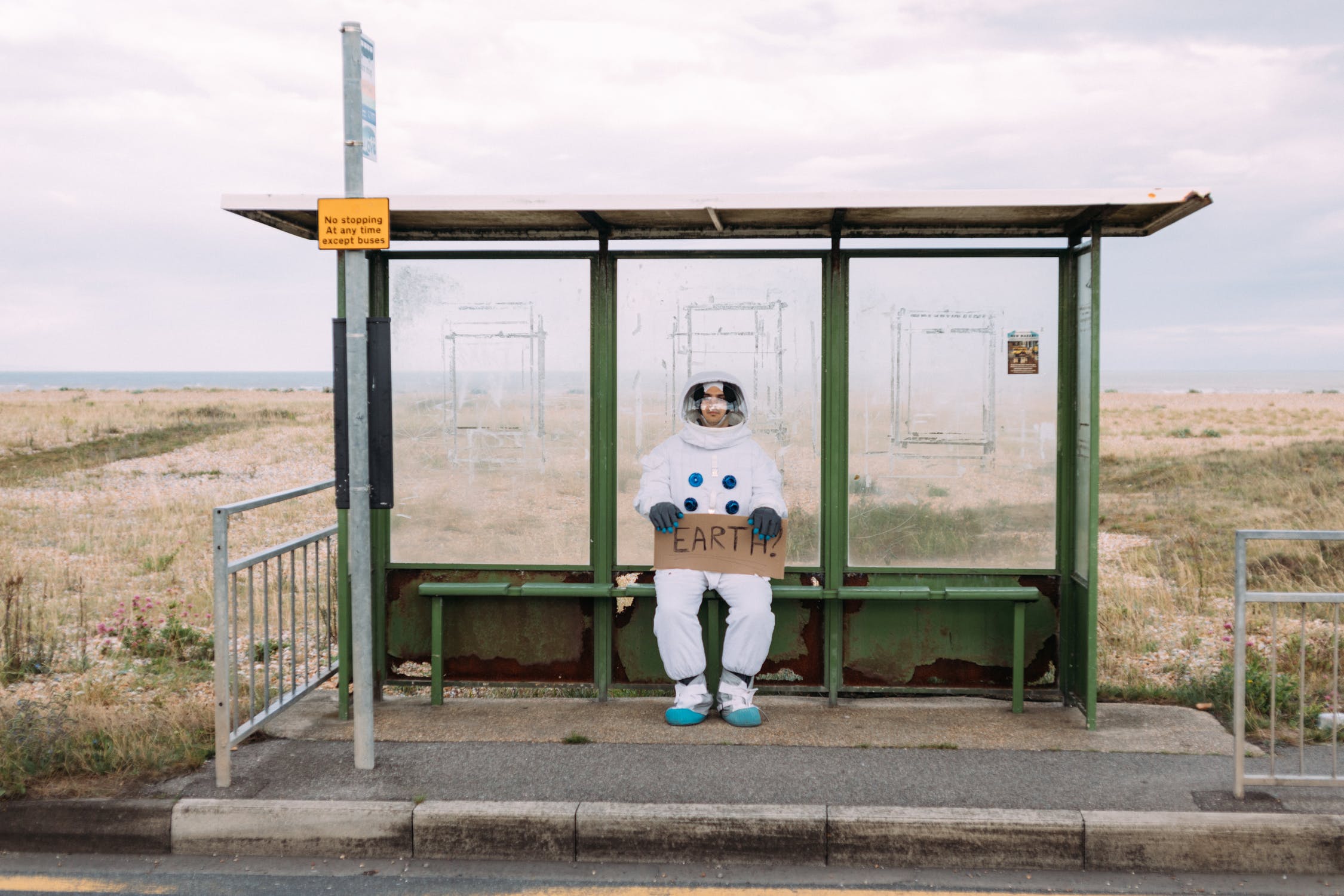The problem with humanity
There is something wrong with humanity. And there is something right with humanity. The reason for both is, well – humanity. Unless we can control our humanity, it will kill us all.
Humanity means we care for every human being, irrespective of their strengths and weaknesses, criminality or contribution to humanity. Shakespeare wrote: ‘the evil that men do lives after them. The good is often buried with their bones.’ It is rare to see today anyone criticising someone who has recently died. No-one wants to see a death – any death.
Fat people are ‘victims.’ Smokers know they may kill themselves. Alcoholics and self-destructive gamblers ‘deserve’ humanity’s help and support. No-one is to blame, least of all the fat, smoking, alcoholic, gamblers themselves. Humanity spends millions on them with little hope of a cure.
It was not always so
Long ago, tribes could not afford passengers. Everyone had to contribute. As with animals, the small, the sick and weak grazed at the edge of the herd so predators would attack them first. Spartans left their sick children on the hillside. If they survived, they were a miracle. Mongols held competitions for young men to see who could survive longest naked in freezing mountain streams. Some did not survive.
Even today, military forces around the world include harsh exercises designed to test the endurance of their troops. For these groups, discipline is vital. Survival depends on it, let alone winning the battle or the war.
Every military commander knows that, once discipline breaks down, all is lost. Obey, and we will survive together. Fail to obey and all of us have little chance.
Malthus
The theories of Thomas Malthus are instructive. In his 1798 book An Essay on the Principle of Population, Malthus observed that an increase in a nation’s food production improved the well-being of the people. However, the improvement was temporary because it led to population growth, which in turn made the numbers in the community unviable.
As a solution, Malthus urged “moral restraint.” He believed that people must practise abstinence before marriage. He advocated forced sterilization where necessary. He wanted criminal punishments for parents who had more children than they could support. Even in his time, his solution was controversial. According to Malthus, the only alternative to moral restraint was certain disaster. If allowed to grow unchecked, population would outstrip available resources, resulting in a ‘Malthusian catastrophe.’

We know that several earlier societies succumbed to Malthusian effects. The Mayans wiped themselves out by consuming too much. The Easter Island group did the same. There are others.
Accidental control
Humanity, inadvertently, has been quite good at population control until 1945. Bubonic plague (a toxic, animal-to-human disease) killed more than one third of the global population. Spanish flu killed 30-40 million people. In the 20th century, two world warscaused 50-80 million deaths.

When the second world ward ended, there were ‘only’ 2.5 billion consumers. Today, a mere 75 years later, there are three times as many. We produce more babies. Most of the babies live longer than a few weeks. We are much better at healthcare, so more of us live a lot longer. Even COVID-19 seems, at present, likely to result in less than two million attributable deaths.
The dilemma is clear. Losing lives is appalling. Not to lose them – and we threaten the survival of humanity.
It is a stark choice.
Muddled thinking
And here come the environmentalists. All will be well if we ‘save the planet’. Plastic, meat, fossil fuels, mining – if we would only control our use of these, we would leave a decent planet to our children.
The planet, the environmentalists’ anthropomorphic cause, will survive, thank you, whatever humanity does. The only viable solution is fewer people. How many environmentalists dare to propose the only real solution – population control?
What to do?
Going to the moon is not the answer!
There is one country that looks far ahead and sees disaster. That country is China. In our news of 31st August, we featured a debate between two distinguished Chinese commentators. Li Tie, an economist, is adamant that China should continue its population limitation policies. His critic holds that it is time that China liberalises childbirth because the Chinese population is declining.
Declining populations scare politicians, economists, governments and business people. Each has their own reason to be scared. Economists fear that growth will suffer. Politicians and governments worry that their country’s size – and thus strength – will suffer. Businesses worry that there will not be enough consumers to enable them to make profits.
And yet – this is strange – 70 years ago humanity managed well with two thirds less people than exist today.
We hear the cries: “Poverty, racism, rich-poor gap, famine”. Yes, all these existed when the population was smaller. They still exist today. They are deplorable. But is the solution more people on the planet? Clearly not. If anything, more people make it worse.

Conclusion
Humanity must accept that people die, sometimes before they should. We cannot, and should not, save every life. More important, humanity must accept that growth, of any kind, especially of population, cannot continue.
Population growth will destroy humanity as it has before.
Worked on the article:

Wanlikhang






